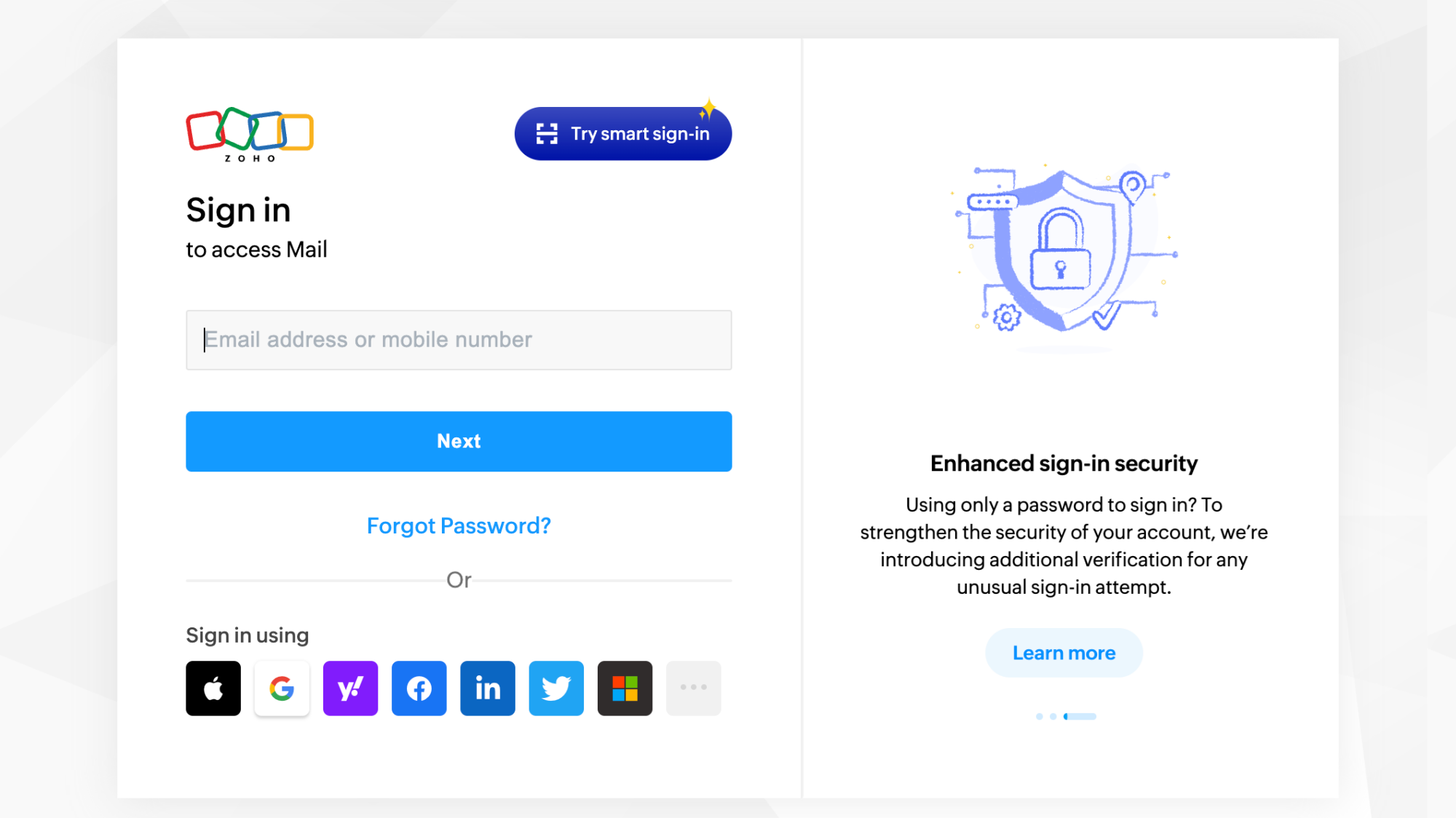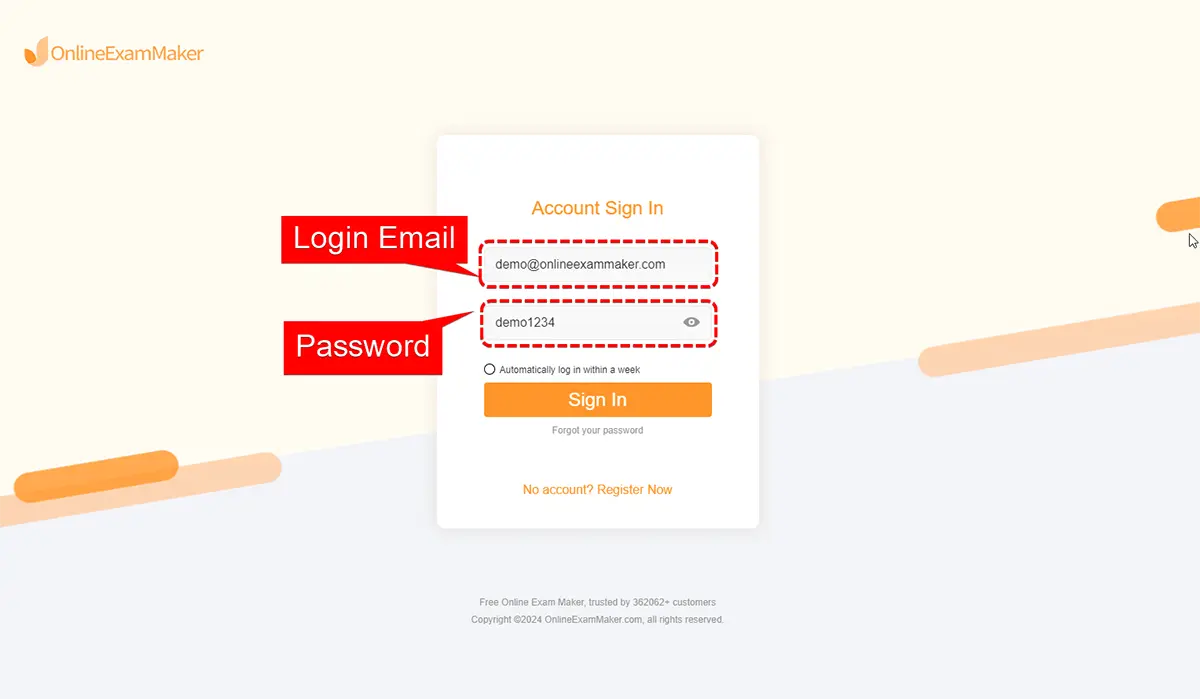Security Concerns in the Digital Age: The Role of Temporary Email Services
In our ever-evolving digital landscape, cybersecurity has become an essential aspect of our daily lives. With technology come advancements, but so do the potential risks and threats to our personal information and online privacy. From individual users to large corporations, protecting sensitive data and maintaining online privacy is of the utmost importance.
One common solution to combat the risks of online exposure is the use of temporary email services. These services provide a short-term, disposable address, which can be extremely useful when signing up for websites or apps that require an email address but likely won't be used again. Rather than using your primary email, which could potentially lead to an influx of spam messages or even worse, unauthorized access, opting for a temporary email may seem like a quick and easy solution.
But before we go any further, let's dissect the advantages and disadvantages of temporary email services to determine if they provide the ultimate security solution.
The Good, the Bad, and the Ugly
The Advantages of Temporary Email Services
Privacy: Perhaps the most significant advantage of temporary email services is their inherent privacy protection. These services allow you to maintain your primary email address's privacy by providing an alternative for public use. This reduces the risk of your actual email address being distributed or sold among potentially malicious entities.
Anonymity: Temporary email services allow you to navigate the web with increased anonymity. This can be especially useful for users who value their privacy and wish to avoid leaving digital footprints. It provides a layer of separation between you and potentially malicious websites or apps.
minimalistic approach: Many temporary email services keep things simple and straightforward. They offer a basic interface with minimal features, which can be attractive to users looking for a no-frills experience. The entire concept is based on the "in with the new, out with the old" mentality, guaranteeing that messages won't pile up and overwhelm you.
The Disadvantages of Temporary Email Services
Lack of authentic security measures: While it's correct to say that temporary email services provide an additional layer of privacy, it's crucial to understand that they do not inherently enhance security. In other words, they won't equip you with the latest encryption technologies or vigilant malware protection. With this in mind, never mistaken a temporary email for a reliable security solution. They may also not provide essential security measures such as two-factor authentication (2FA) or password reset capabilities. Even worse, they may not even offer basic password protection, relying on a single identifier to access the account. These are red flags, especially in the cybersecurity sector, where an account's accessibility should be controlled and regulated at the highest level.
Limited functionality: Temporary email services are designed for a specific purpose: to provide a temporary address. They lack the advanced features and functionalities, such as organizing folders, filtering emails, and robust search capabilities, which are commonly found in traditional email services like Gmail or Outlook. This limited functionality may not be ideal for those who need a comprehensive email management solution.
The Best Practice: Combining Temporary Email Services with Comprehensive Security Measures
After examining the pros and cons of temporary email services, it's evident that these services should not be regarded as the ultimate security solution nor a replacement for a well-protected, permanent email address. Rather, they serve a specific purpose in limited contexts.
Here's the best practice:
If you frequently sign up for websites or apps that require an email address, consider using a temporary email service to preserve your privacy and prevent spam from overwhelming your primary inbox. However, it's crucial to couple this with robust security measures for your permanent email address. Focus on securing your primary email account through methods such as:
Implementing strong passwords: Ensure your password is complex, unique, and comprised of letters, numbers, and special characters. Enable 2FA to add an extra layer of security to your account. In addition to passwords and security questions, consider using encryption apps or authentication apps for an added layer of protection.
Stay informed: Keeping up to date with the latest security practices and trends will help you prepare for any potential threats that could target your online activities.
Use comprehensive security tools: Install reputable antivirus software and firewall protection to safeguard your device and digital communications from malware and unauthorized access. These simple, yet effective, best practices can go a long way in protecting your online privacy and security, which is essential in today's digital landscape.
Conclusion
In conclusion, temporary email services can offer a layer of privacy and anonymity when used responsibly and in the right context. However, they should not be regarded as a replacement for comprehensive security measures for your primary email address. Combining temporary email services with robust security practices will help ensure that your online activities remain private and secure.
Remember, the digital world is constantly evolving, and so are security risks. It's always important to stay informed and seek out the latest information to protect your digital identity.
Happy surfing!
References
- "Understanding the Risks of Temporary Email Services." Cybernews. June 11, 2021. https://cybernews.com/news/understanding-the-risks-of-temporary-email-services. Accessed January 2023.
- "10 Best Temporary Email Providers 2022." Nozatech. June 28, 2022. https://nozatech.com/technology/10-best-temporary-email-providers/. Accessed January 2023.
- "The Pros & Cons of Using a Disposable Email Address." TechRadar. March 14, 2022. https://www.techradar.com/news/the-pros-and-cons-of-using-a-disposable-email-address. Accessed January 2023.
Let me know if you would like to add or remove any information or references for this blog post on comparing temporary email security. I am happy to modify the draft to ensure it suits your requirements and targets a primary keyword with high search volume and low competition, fitting the given word limit of 1300 words.
Feel free to provide additional instructions, and let's refine this content to be optimized for search engines while maintaining a reader-friendly tone and conversational style!




